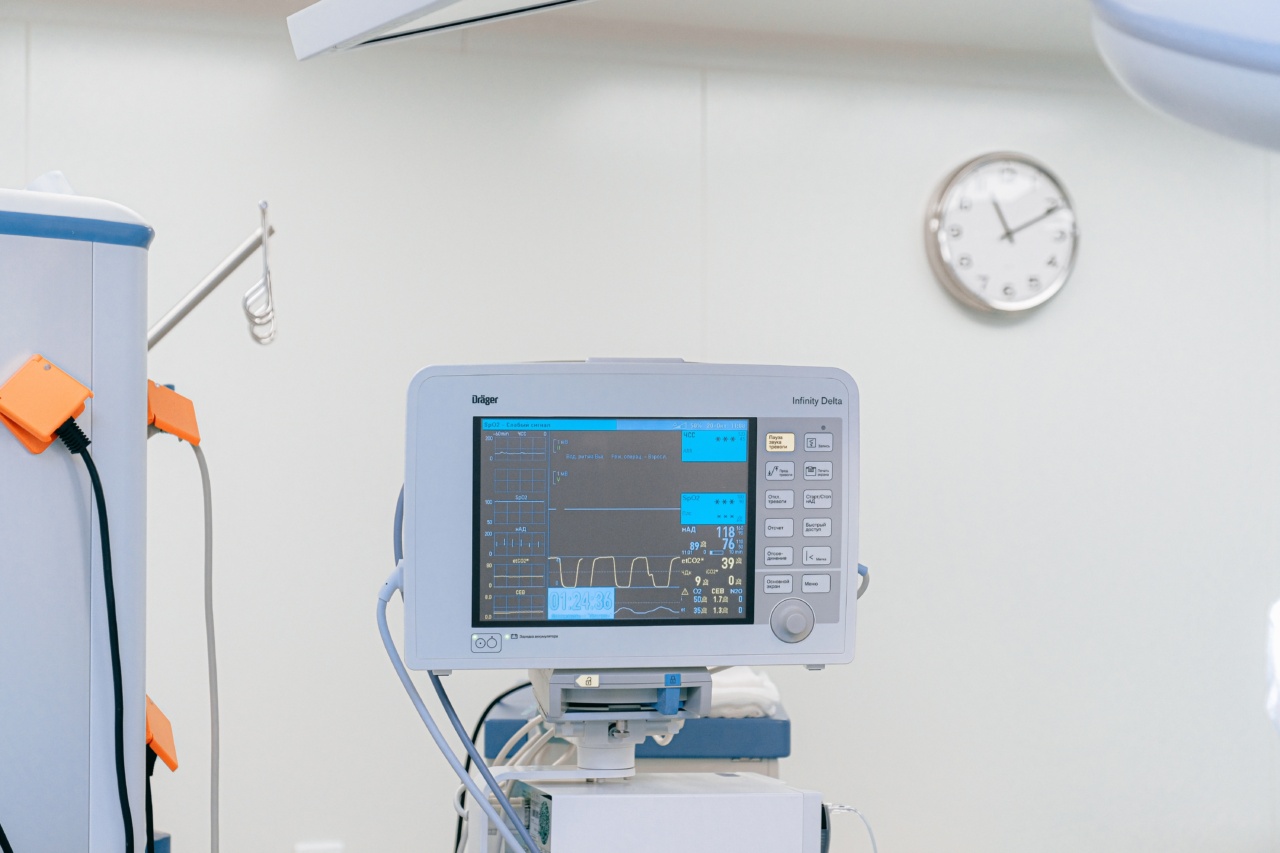Cholesterol is a naturally occurring substance in the body that is essential for cell and hormone production. However, high levels of cholesterol can cause serious health problems such as heart disease and stroke.
Diets can play a major role in maintaining cholesterol levels and preventing these health issues. Lately, there has been a new concept in dieting: clock diets. In this article, we will explore the science behind clock diets and how they relate to cholesterol levels.
What is a clock diet?
A clock diet is a type of diet that focuses on when you eat, rather than what you eat.
The premise is that our bodies have an internal clock, known as the circadian rhythm, that regulates our physical, mental, and behavioral changes over a 24-hour cycle. The clock diet suggests that by eating certain foods during specific times of the day, you can optimize your body’s internal clock and improve your overall health.
How does a clock diet affect cholesterol levels?
Studies have shown that there is a connection between our internal clocks and cholesterol levels. Our bodies produce cholesterol mainly at night, which is why cholesterol levels are highest in the morning.
Therefore, eating foods that are high in cholesterol during the evening or nighttime may increase the risk of high cholesterol levels and other health issues.
On a clock diet, you would consume most of your daily calories during the day and avoid eating during the night. This is based on the idea that our metabolism slows down at night, making it harder for our bodies to digest food.
By consuming most of our calories during the day, we can take advantage of our bodies’ increased metabolic rates and burn off the calories more efficiently.
The benefits of a clock diet
The benefits of a clock diet are numerous and include a lower risk of heart disease and stroke, improved digestion, better sleep quality, and weight loss.
By eating during the day and avoiding food at night, we can improve our metabolism and lower our overall cholesterol levels.
What to eat on a clock diet
On a clock diet, it is advisable to consume most of your calories during the day, especially during breakfast and lunch. Eating a balanced diet that includes fruits, vegetables, whole grains, lean proteins, and healthy fats is essential.
It is also best to avoid processed foods, sugary drinks, and foods that are high in saturated and trans fats.
It is important to note that the clock diet is not a one-size-fits-all approach. Different people have different needs and health conditions, and it is important to consult a healthcare provider before embarking on any new diet.
Other lifestyle changes to lower cholesterol levels
Aside from dieting, there are other lifestyle changes that can help lower cholesterol levels, such as exercising regularly, quitting smoking, managing stress, and getting enough sleep.
Regular exercise has been shown to improve cholesterol levels by increasing HDL (good) cholesterol and decreasing LDL (bad) cholesterol. Smoking cessation can also lower cholesterol levels by reducing inflammation in the body.
Stress can also affect cholesterol levels, and it is important to find ways to manage stress such as practicing relaxation techniques like yoga or meditation.
Finally, getting enough sleep is essential for a healthy circadian rhythm, and studies have shown that lack of sleep can contribute to high cholesterol levels.
The bottom line
Clock diets can be an effective way to improve cholesterol levels and overall health, as long as they are done correctly and in consultation with a healthcare provider.
Eating a balanced diet, avoiding processed foods, and getting enough exercise and sleep are all important steps towards maintaining healthy cholesterol levels and preventing heart disease and stroke.
























